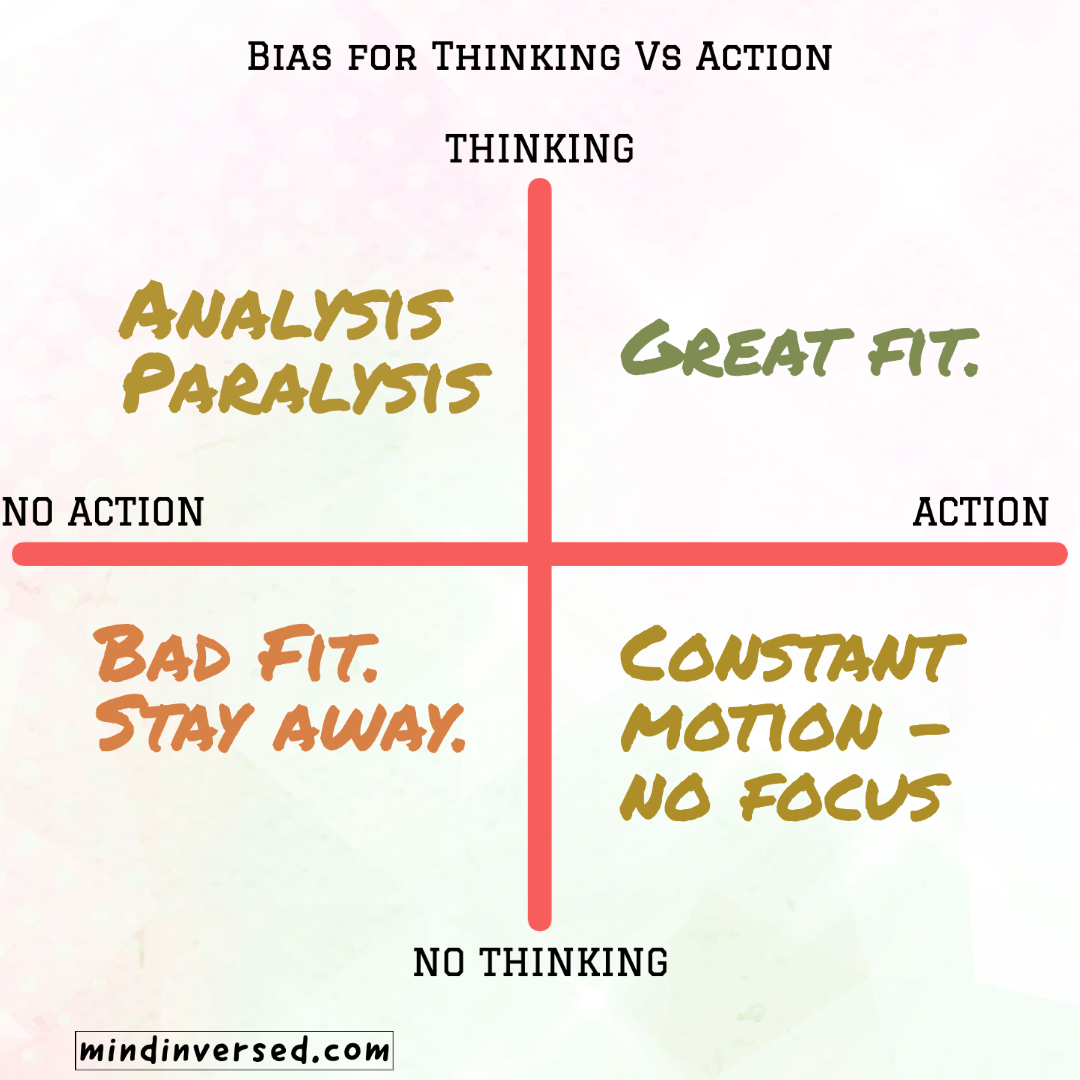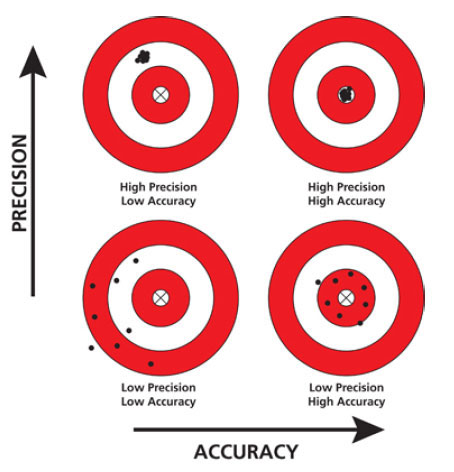- The Spark 💫
- Posts
- 💫 5 principles for a busy change makers to help amplify positive action
💫 5 principles for a busy change makers to help amplify positive action
The February Spark
This is the monthly newsletter from Bemari where we talk about how to not get lost in sustainability. This month we share tips and resources to help you accelerate progress and action.
Time goes faster and days get busy. The pace of change is accelerating and we find ourselves with less time and more things to achieve.
“We’re entering an age of acceleration. The models underlying society at every level, which are largely based on a linear model of change, are going to have to be redefined. Because of the explosive power of exponential growth, the 21st century will be equivalent to 20,000 years of progress at today’s rate of progress. Organizations have to be able to redefine themselves at a faster and faster pace.”
—Ray Kurzweil,
Inventor, Futurist and Director of Engineering at Google
So there is no time to waste (not that you had any to begin with), and all our actions as change makers need to be optimised for the most impact and effect - focus where it matters. Here are 5 principles that can help you frame your approach and amplify your impact.
Adopt Bias toward action - this is the most important principle for corporate (or individual) sustainability action. With the amount of data we have to deal with and complexities of reporting requirements, it might be easy to get carried away with bean counting. If it doesn’t help you get moving, you do not need to spend time and money digging into all of your emission factors and measure all activities to the n’th degree before committing to any plans and targets. If you cannot get a number but you can get a rough estimate and order of magnitude, it is often enough to move forward with.

Insight over information - lots of numbers tell you nothing, but one helpful number can catalyse change. 328.77 million terabytes of data are generated every day (see exactly how much this is here) - apart from ever increasing environmental impact of digital data, it also causes analysis paralysis (see Principle 1). If data does not help you move forward, it is a cost, not an asset.

Credit to Achin Gupta and Russel Ackoff
Accuracy over precision - let’s not get hung up with precision. You do not need to have a precise amount of carbon emission associated with airfreight or how bad water scarcity is in the region where your products’ manufacturing facilities source the water. You DO know both of these need to be reduced and eliminated - take action now.

Treat any reporting and compliance requirements as a strategic opportunity. If you are going to spend time, effort and let’s face it - money - make the most of the process. The alphabet soup of sustainability reporting requirements and standards might seem like too many boxes to fit, but if you consider how they can add value to your business, it becomes a valuable exercise. Some of the UK companies have to report on Climate risk (TCFD aligned disclosure) - the process can show you where your business is exposed to risks you did not consider, or where you have opportunities to build resilience. CSRD reporting might seem daunting, but with the level of detail available in the ESRS - it is a tool to build a sustainability strategy that will support your business’ long term survival and help identify new ways to create value that keep your business relevant and thriving.
Adopt a regenerative mindset. The change you are working on requires a wider systems shift - you are part of that. As a living creature, we (the humans) are part of the living systems - businesses are just a group of people, and therefore are by definition also part of the living systems, and do best if we draw on the principles of life and nature. Nature has the ability to regenerate, regenerate, replenish and create conditions for more life - so businesses can do that too by adopting the same principles: recognise interdependence with nature and society, seek to create value across the value chains, pursue continuous redesign and rethink of the ways business is conducted, people are engaged and solutions are shaped; and build capacity in the systems and people around you.

Credit to Giles Hutchins & Laura Storm
Meme of the month

Tools & Resources
We have searched the internet so you do not need to:
Science based targets guidance for just about everything
Climate action tools for SMEs
Identify and evaluate water risks to your business worldwide
Everything you need to know about Degrowth
Tools to bring Regenerative business principles to life from Doughnut Action Lab
Recap of Good News this month
Is there an advice that has been very helpful to you and you think others would find helpful too? Please share by emailing [email protected].




Reply